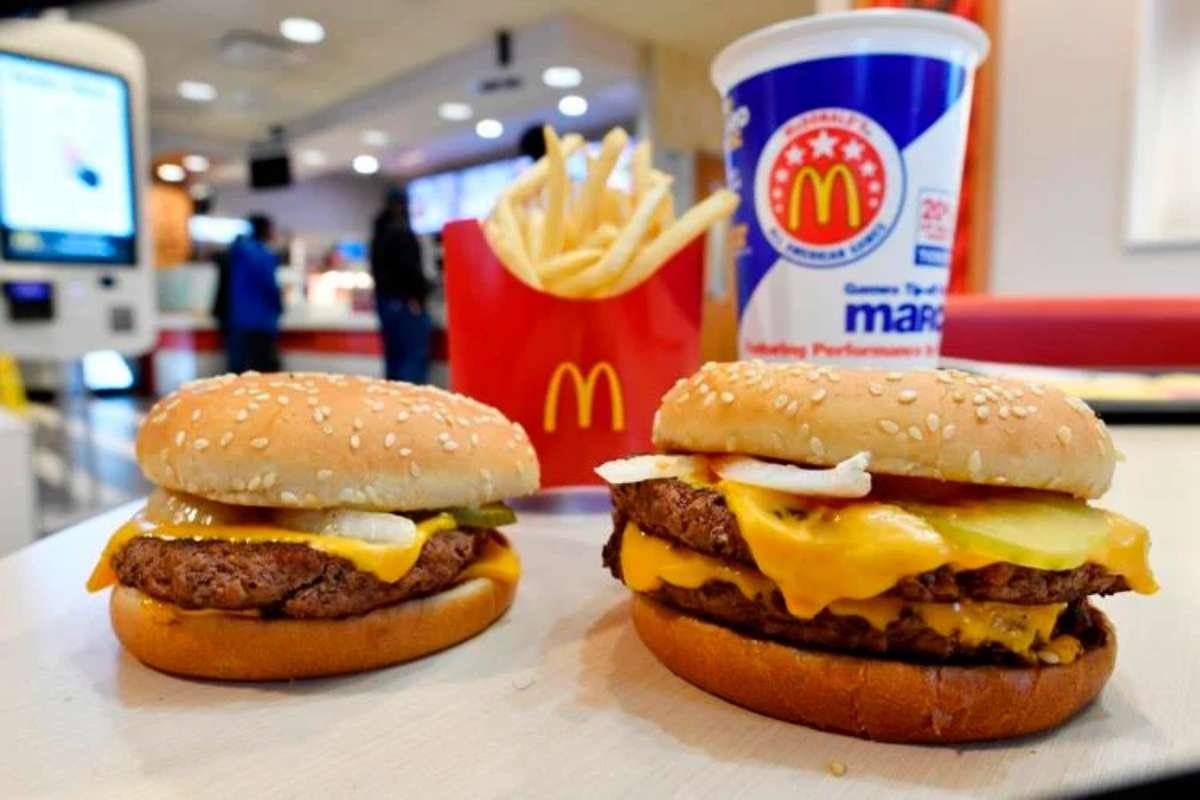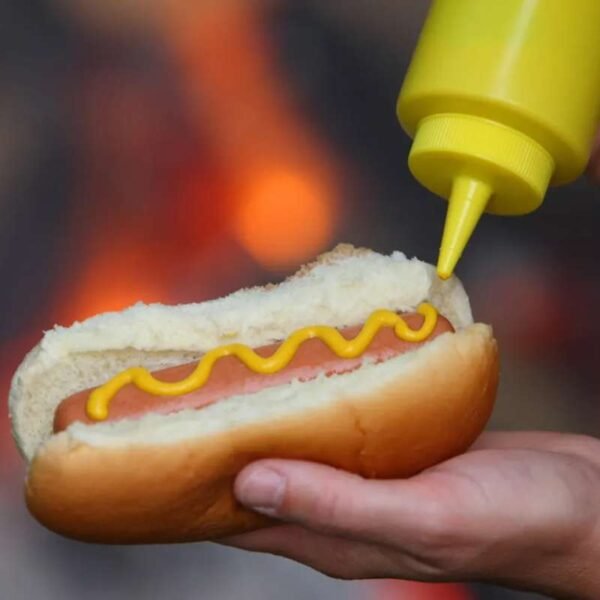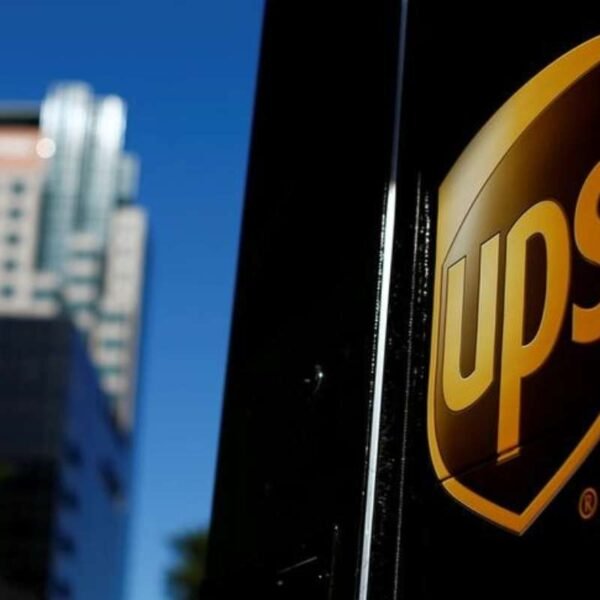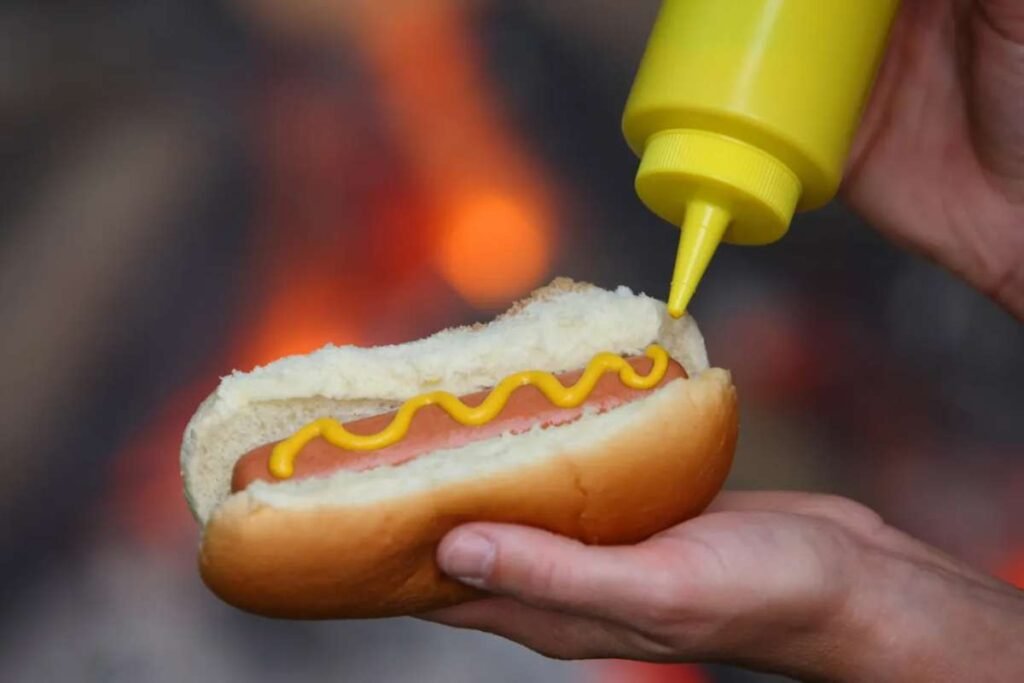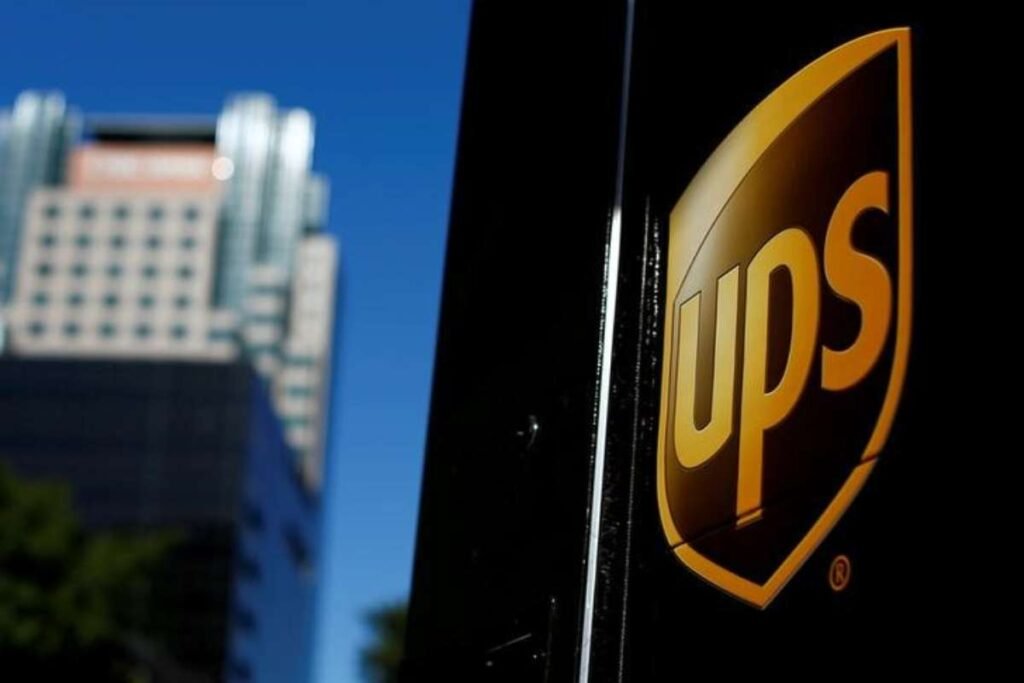The United States has officially closed its investigation into an E. coli outbreak linked to McDonald’s Quarter Pounder hamburgers, declaring there is no longer a safety risk. The outbreak, first reported on October 22, sickened at least 104 people across 14 states, including 34 hospitalizations, according to federal health officials. Tragically, one person in Colorado lost their life, while four others developed a severe kidney disease complication.
Outbreak Traced to Yellow Onions
The U.S. Food and Drug Administration (FDA), in collaboration with the Centers for Disease Control and Prevention (CDC) and state health departments, traced the outbreak to yellow onions distributed by California-based Taylor Farms. These onions were served raw on Quarter Pounders in McDonald’s locations across states like Colorado, Kansas, and Wyoming.
Following the E. coli outbreak, McDonald’s removed Quarter Pounders from its menu in affected states on October 21. On the same day, Taylor Farms issued a voluntary recall of its yellow onions. Officials have since confirmed there have been no new E. coli cases linked to the outbreak since that date.
Health officials in Colorado tested onions and environmental samples but did not find the strain of E. coli responsible for the illnesses. However, the evidence strongly pointed to the recalled onions as the probable source of the contamination. Federal authorities emphasized that McDonald’s is no longer serving the recalled onions and assured that there is no ongoing food safety concern.
Impact on McDonald’s Operations
The E. coli outbreak led McDonald’s to briefly remove Quarter Pounders from over 3,000 stores nationwide. Once investigations identified onions as the likely source of contamination, the company narrowed the recall to 900 stores. An alternative supplier was quickly found, and Quarter Pounders with slivered onions returned to menus at all U.S. locations last month.
Despite this swift action, the outbreak has negatively impacted demand. In mid-November, McDonald’s announced plans to spend $100 million to regain customer trust, with $65 million allocated to the most affected franchisees. The company has not disclosed whether sales have fully recovered in the impacted regions but expressed confidence in its rigorous food safety standards.
McDonald’s has faced previous food safety issues, including an incident in 2018 when over 500 people contracted an intestinal illness linked to its salads.
Legal Challenges Arising from the Outbreak
The E. coli outbreak has prompted legal action against McDonald’s. Nicole and Richard West from Townsend, Montana, have filed a lawsuit after their 11-month-old daughter, Logan, fell seriously ill. During a road trip in early October, Logan ate a few bites of a Quarter Pounder hamburger with onions, leading to severe vomiting and diarrhea days later.
The toddler was hospitalized and diagnosed with E. coli O157:H7, a strain known to cause life-threatening complications, particularly in children. While Logan’s condition has since improved, her parents say the incident has shaken their trust in the fast-food chain.
The outbreak also affected Richard West, who became ill but did not seek medical treatment. He lost more than two weeks of work as a truck driver while caring for the family’s other children, adding to their financial strain.
The West family expressed disappointment, noting that McDonald’s had always been a go-to option for their children. The incident has left them questioning the safety of the food served at the chain.
Investigation Closure
With no new cases of the E. coli outbreak reported since October 21, health officials have concluded their investigation into the outbreak. The FDA confirmed that the recalled onions are no longer in circulation and reiterated there is no current food safety risk linked to McDonald’s Quarter Pounders.
As McDonald’s works to rebuild consumer confidence, the incident underscores the critical importance of rigorous safety protocols in food supply chains.

